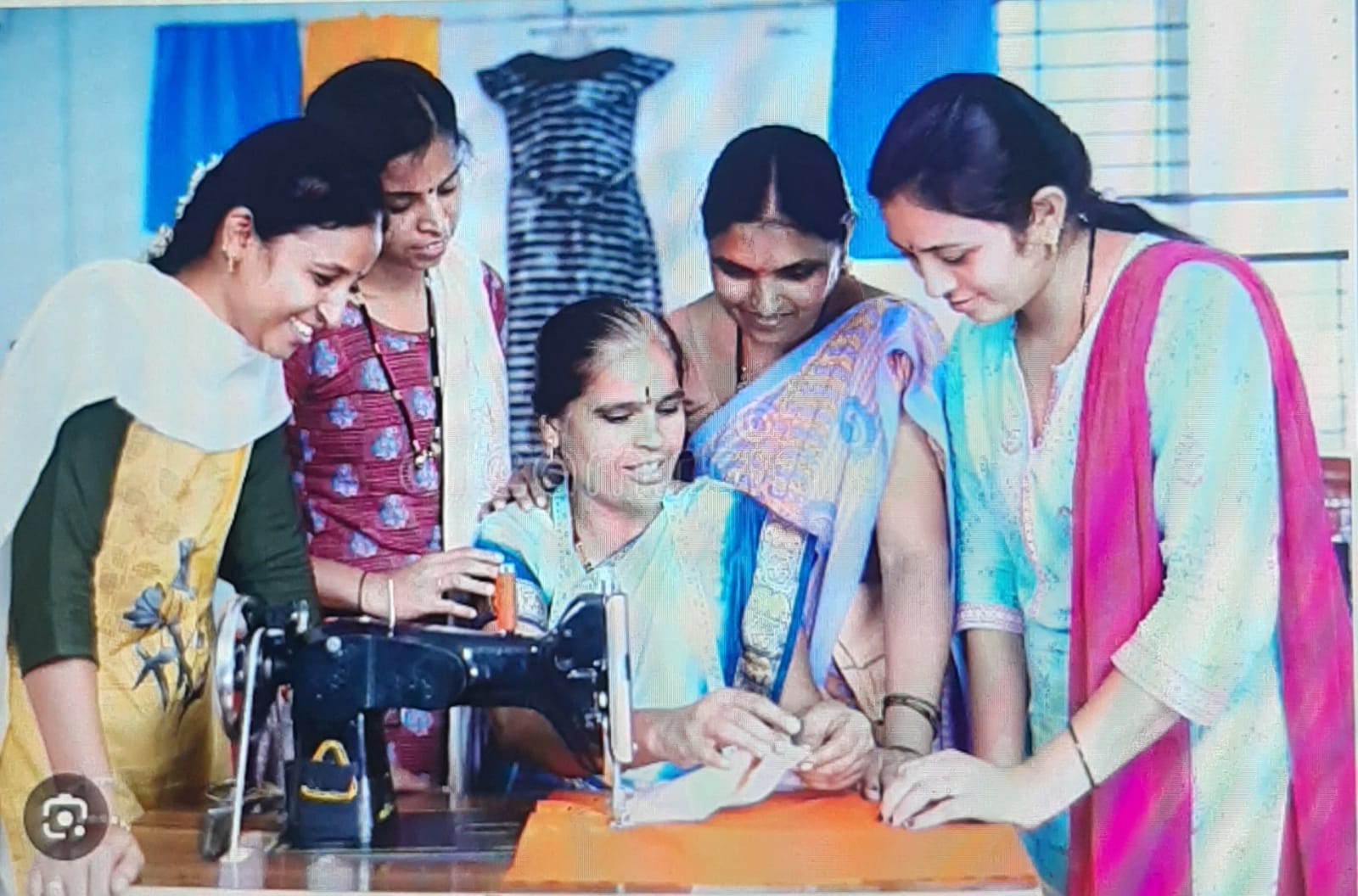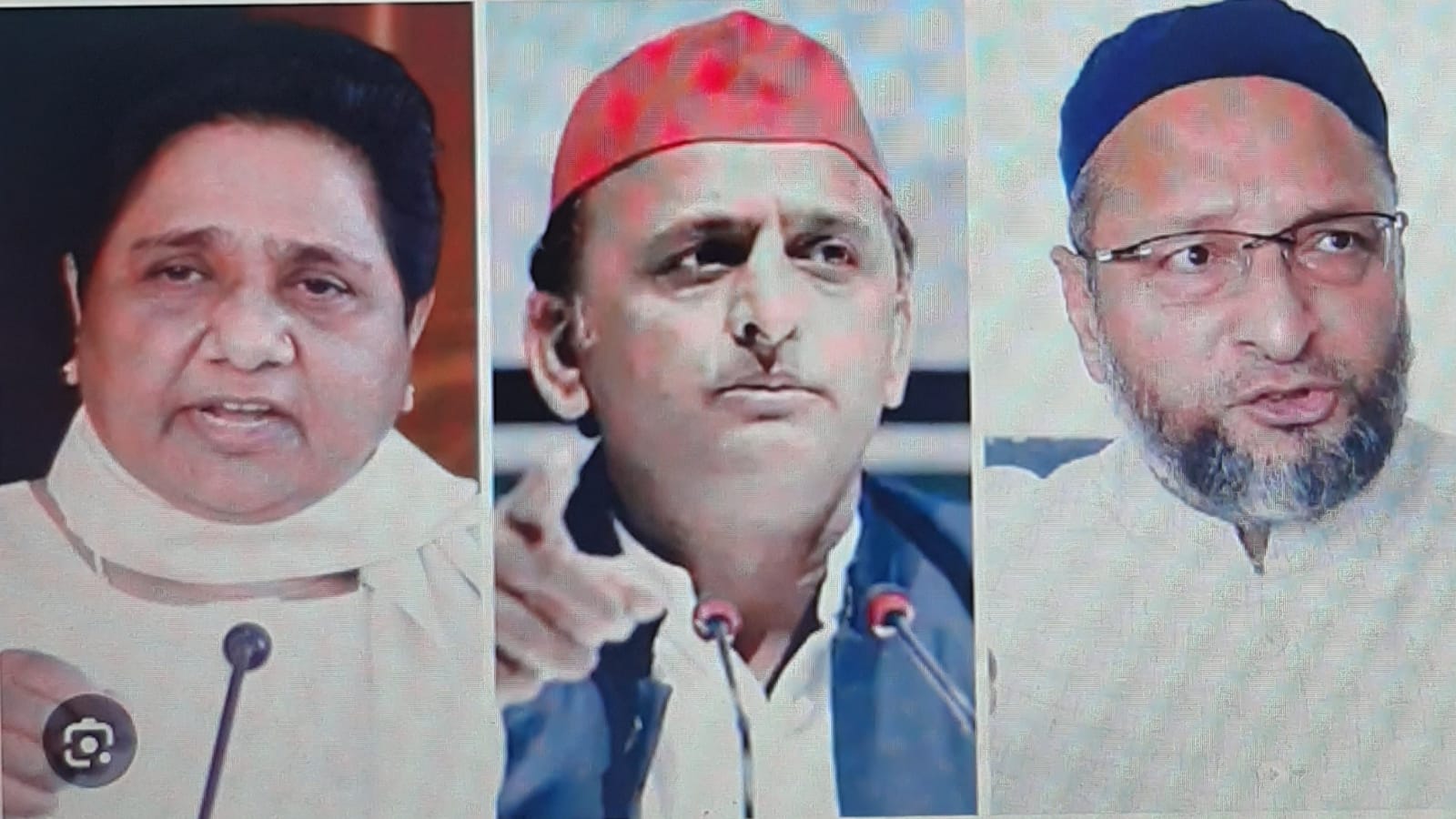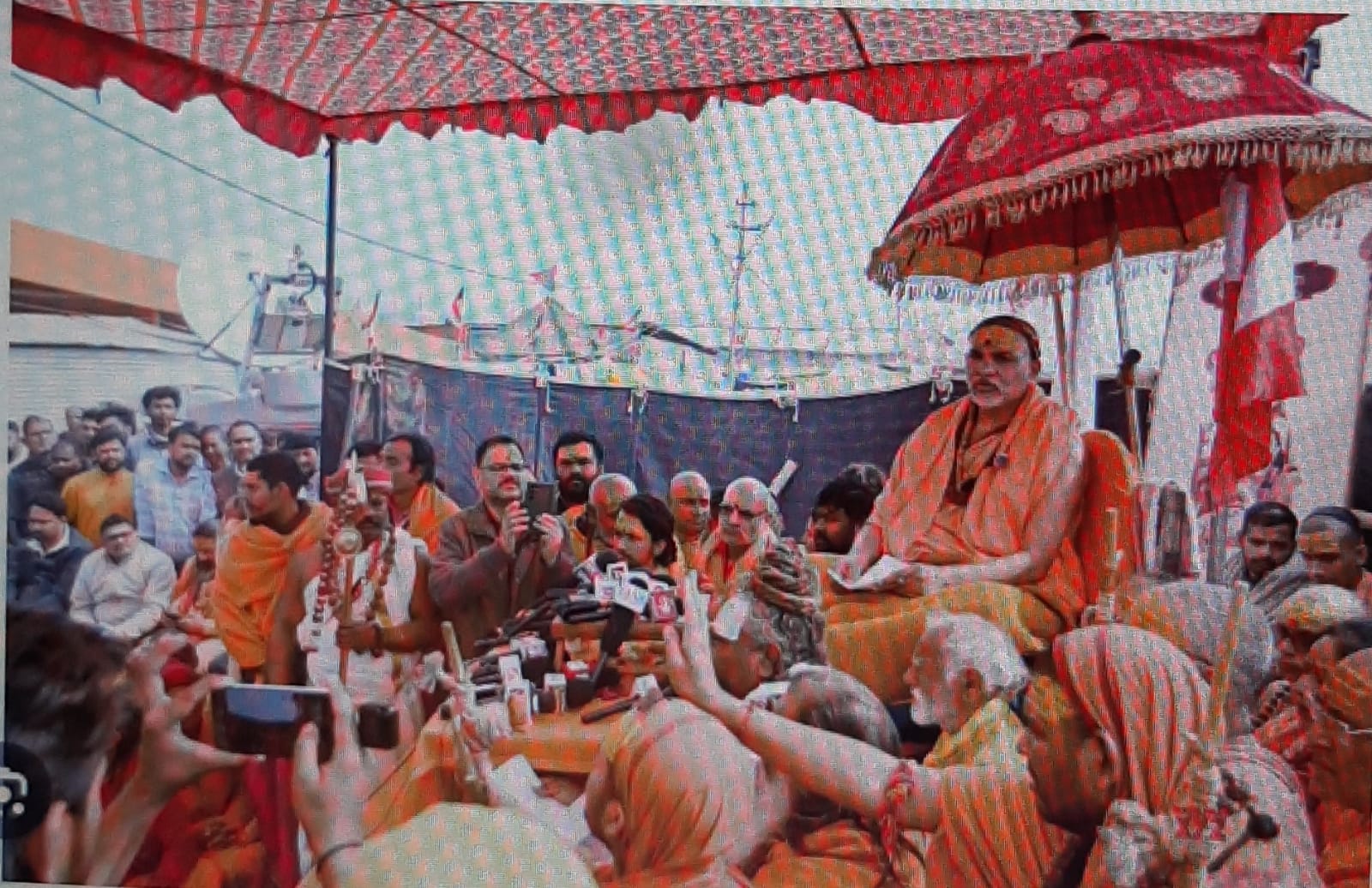
In the digital age, data is the new gold. So far, data monetization has largely benefited the large tech companies such as Google, Meta, Microsoft, Amazon, Jio etc. who sit on data mine of billions of users. National governments are now slowly realizing that they too could well be sitting on a potential data gold-mine, writes former IAS officer Sunil Kumar
In the government, data monetization has been restricted to a few sectors and specific users. For several years now, the Directorate General of Commercial Intelligence and Statistics (DGCI&S), Kolkata, under the Ministry of Commerce, Government of India, has been making available granular product specific export/import data to users upon payment of stipulated fee. This data alone is used for filing trade remedial petitions before the Directorate General of Trade Remedies (DGTR) by the domestic industry. There is little material in the public domain reflecting the efforts by the Registrar General of Census and the Ministry of Statistics & Programme Implementation at data monetization. Likewise election related data put out in the public domain by the Election Commission of India is currently being made use of by political consultancy firms like PAC to devise electoral strategy for political parties at a hefty sum. So whoever is collecting the data and storing it claims ‘ownership rights’ over data in the Indian context. The notion of individuals generating the data being ‘owners’ is far from being realized. Of late, talks of data monetization by the union and state governments have gathered pace.
A recent news article in the Indian Express had reported that the Maharashtra government is considering a proposal from its Information & Technology department to monetize non-personal data from the pool of government beneficiaries that will be available on its digital platform “Samanvay” launched on October 2, 2025. The portal reportedly has economic, social and geographic details of almost every citizen in the state. Similar portals have already been prepared by the Karnataka (Kutumba) and Haryana (Parivar Pehchan Patra) and other states like Uttar Pradesh are in the process of doing so. The government of Maharashtra is considering the proposal to monetise the data with private companies, start-ups and financial institutions in line with the central government policy which has reportedly already addressed all privacy related issues through measures taken to suitably anonymise personal data before being made available to private parties. This data is expected to help FMCG companies like Hindustan United Lever (HUL), ITC, Tatas, Reliance, Adani, Patanjali etc. to formulate and execute very focused marketing and sales strategy in different regions. However, full value of data can be realized by union and state governments only if it is processed and presented to users in a form, format and manner which enhances their ‘usability’ at minimal cost.
Union and State governments are the custodian of huge amount of beneficiary data collected over the years through implementation of welfare and development schemes. Data should ideally be owned by the citizens generating the data. However, since citizens are unable to safeguard their digital property individually, government steps in and lays claim on proceeds of data monetisation. Since data is generated in the physical space falling within the boundaries of local governments, they too have a rightful claim on the proceeds of data monetisation.
The next step would involve determination of the precise amount to be shared between the three tiers of government. Presently, proceeds from data monetisation would get classified under ‘non-tax revenue’ of government. Central Finance Commission recommendations (CFC) are confined to net proceeds of taxes and those of State Finance Commissions (SFC) include duties, tolls and fees too. However, most reports of SFC do not explicitly lay down criteria for devolution of non-tax revenue to local governments.
So far there is no data in the public domain about receipts from data monetisation by government at any level. In the absence of such data, all talks of giving a share of the proceeds to all three tiers of government becomes more of a theoretical exercise. The situation today is somewhat akin to what prevailed when ‘service tax’ was first introduced in the 1994 budget and now constitute around 20 percent of total receipts of Union government. Once initiated, it could grow exponentially over the years in the digital age that we are living in.
What principles should govern the share of the union, state and local governments from the proceeds of data monetization? In case of Centrally Sponsored Schemes (CSS), where the bulk of financing comes from the Union government and the balance from the State government, the share of the Union, State and local governments could be in the 50:30:20 ratio to begin with. As and when local governments begin to share the financial burden of CSS, the ratio could change. The corresponding ration could be 60:40 between the state and the local government for state schemes. Local governments will have full rights over the proceeds of data monetization for data linked to services and schemes operated by local governments. This arrangement can be put in place immediately by the Union and State governments and made part of their data monetization policy.
Prescribing a suitable Head of Account by the CAG and the AG for booking receipts of data monetisation would prevent mis-classification under different heads of receipt in the Union and State budgets, promote transparency and ensure proper sharing of the proceeds of data monetization.
Recognizing the principle that ‘place of origin’ can and should be the guiding principle for sharing the proceeds of data monetization and not just the place where data is stored would pave the way for giving local governments their rightful share in the proceeds of data monetization. Maharashtra has an opportunity to take the lead and show how data monetisation can actually happen. It is time all leaders of urban and rural local governments woke up to this new development and began to demand their rightful share in data monetisation.
(Sunil Kumar is a Visiting Senior Fellow in Pune International Centre and a former civil servant. Views expressed are personal.)









